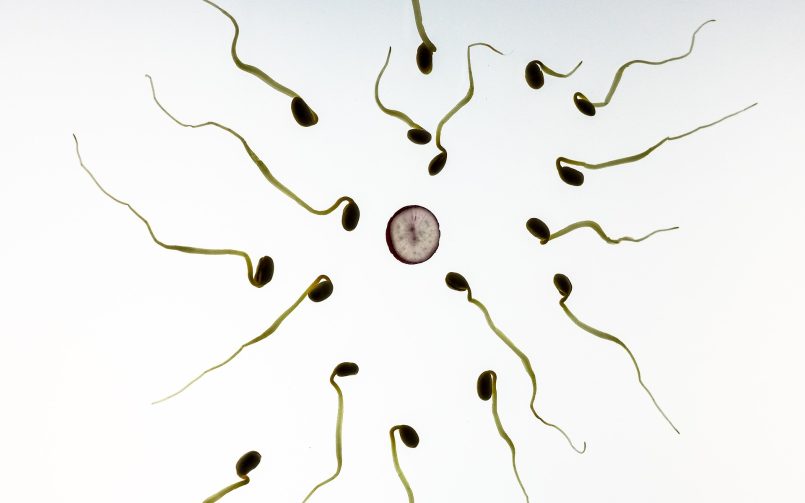Infertility as a testicular cancer risk Men,
who seek medical help for infertility are almost three times more likely to develop testicular cancer later in life. This was the finding of a cohort study in the Archives of Internal Medicine (2009; 169: 351-356). …
In recent decades, the incidence of testicular cancer has increased in industrialised countries. In Norway, for example, the incidence rose from 3.5 to 10/100,000 person-years between 1960 and 2000. At the same time, the quality of male sperm has declined, which could be a possible reason for the increasing use of in vitro fertilisation (artificial insemination).
To investigate whether there is a connection between the two developments, Thomas Walsh of the University of California in San Francisco followed the fate of 22,562 men who, together with their partners, visited an IVF clinic between 1967 and 1998. In 4,549 men, the spermiogram revealed male infertility. 13 (0.28%) of these men were later reported to the California Cancer Registry with a diagnosis of testicular cancer. While this is a small number of cases, it is significantly more than the 5 cases that would have been expected based on data from the nationwide cancer registry SEER (Surveillance Epidemiology and End Results).
However, two previous cohort studies had also found an association, so Walsh is inclined to think there is a link. He suspects that infertility and testicular cancer share a common cause. A plausible explanation would be defective DNA repair, which would damage sperm formation in the short term but be associated with an increased risk of cancer in the long term. The urologist would like to exclude cryptorchidism (undescended testis) as a common denominator, as this was only diagnosed in one of the infertile men. The undescended testis, which was not treated in time, is considered a possible cause of cancer.
